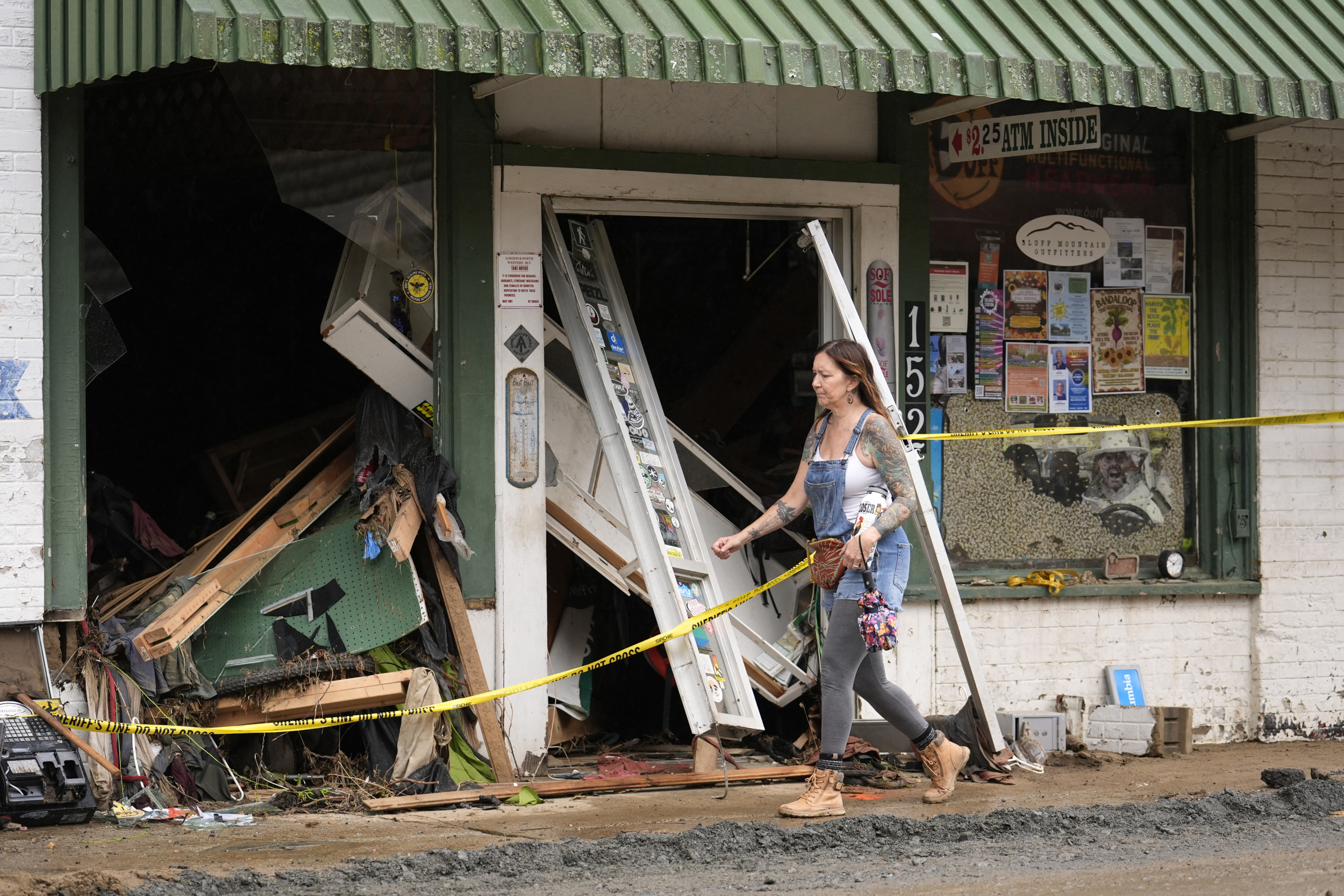North Carolina is currently navigating a challenging election landscape as it deals with the aftermath of Hurricane Helene, which devastated parts of the state last week. According to election officials, the storm’s impact raises serious concerns about the upcoming elections.
Making landfall as a powerful Category 4 hurricane, Helene caused widespread damage with strong winds and heavy rain. The storm resulted in casualties across the southeastern region and has left many areas in North Carolina, including Asheville, facing significant flooding and destruction.
As the state prepares for the election, Vice President Kamala Harris and former President Donald Trump are gearing up for a crucial presidential face-off in just over a month.
With early voting commencing in two weeks and absentee ballots already dispatched, election offices in 12 of the hardest-hit counties remain shuttered as officials work to assess and mitigate the damage.
Karen Brinson Bell, the executive director of North Carolina’s State Board of Elections, emphasized the daunting nature of the upcoming election amidst this uncertainty. “The level of destruction and the proximity to Election Day present significant challenges,” she said.

Jeff Roberson/AP
One major hurdle is that many voters displaced by the hurricane are struggling with disrupted postal services and inaccessible homes. The Postal Service is currently evaluating the situation to ensure election materials can be delivered safely.
Paul Cox, general counsel for the election board, is urging those affected to reach out to their local offices if they encounter issues with their absentee ballots. Voters can also track their ballots using the state’s BallotTrax service.
Those who prefer to vote in person can do so during the early voting period from October 17 to November 2, or on Election Day, November 5. North Carolina law mandates voter ID, but exceptions are available for residents from disaster-declared areas who have lost theirs.
Officials are also considering additional measures to support voters, including extending absentee ballot deadlines and possibly expanding online voting options previously used for military and special needs voters.
Brinson Bell reassured that election officials will do their utmost to conduct safe and secure elections, citing past experiences with hurricanes and the resilient spirit of the local community.
As a key swing state, North Carolina’s electoral outcome could significantly influence this year’s presidential race, especially given the narrow margin by which Trump won the state in 2020—only 74,500 votes out of 5.5 million cast.
This article includes reporting from The Associated Press.
